House Budget Committee Holds Bipartisan Markup for Bills to Reform Broken Budget Process
Yesterday, the House Budget Committee held a markup of bills H.R. 5779, the Fiscal Commission Act of 2024, H.R. 6957, the Debt to GDP Transparency and Stabilization Act, and H.R. 6952, the Fiscal State of the Nation Act.
The markup brought together members of the House Budget Committee to markup important legislation aimed toward establishing a debt commission and creating a more functional, transparent, and accountable Congress.
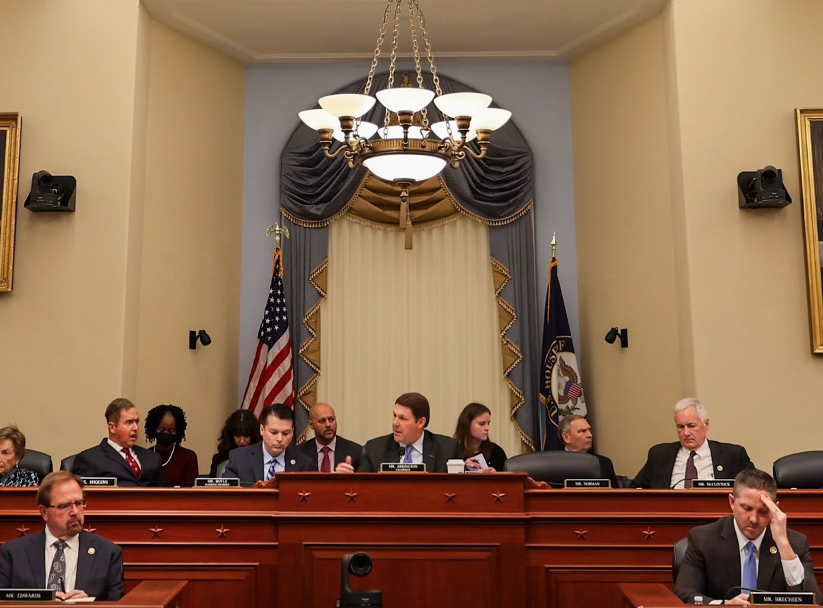
Word on the Street:
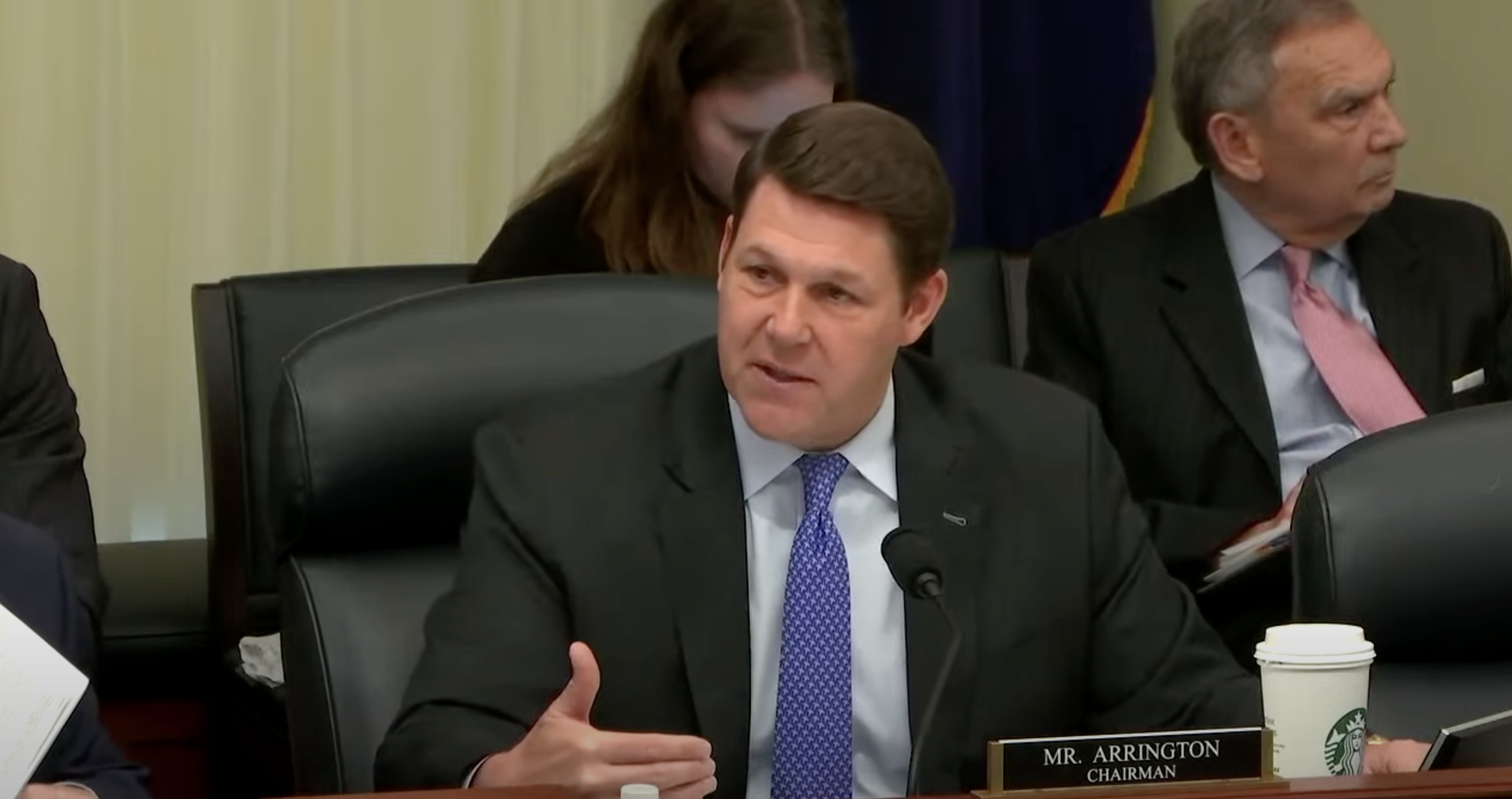
Click HERE to see the Chairmans statements as delivered.
Chairman Jodey Arrington (R-TX) delivered opening remarks stating:
“At the time of our first hearing, all of us in this room agreed – our unsustainable national debt is the greatest challenge of the 21stcentury. A sovereign debt crisis would jeopardize not only our economy, but our national security, America’s leadership in the world, and our very way of life.
The fiscal commission we will be discussing today is an acknowledgment that we must come together to acknowledge our problem, address the urgent need for a solution, and work together – Republicans and Democrats – to devise a plan…
The Commission will include Members of Congress and well-respected leaders from the private sector. The panel will identify policies to improve our fiscal health and address the solvency of our trust funds and propose recommendations to close the widening gap of deficits and bring down our debt-to-GDP.”
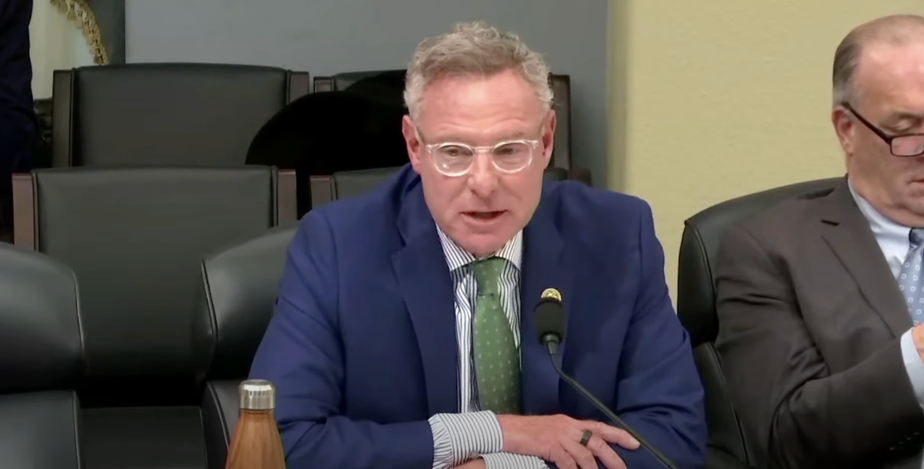
Click HERE to see Rep. Peters’ opening statements.
Representative Scott Peters (D-CA), who has experience forming a past fiscal commission and is one of the lead sponsors of the “Fiscal Commission Act of 2024,” spoke on how a fiscal commission is the best way to protect social security and is a necessary next step in protecting future generations of Americans from impending fiscal crisis.. He stated, “If I thought that we could do this without a commission, I’d be happy to do it, but it’s obvious that it’s not.”
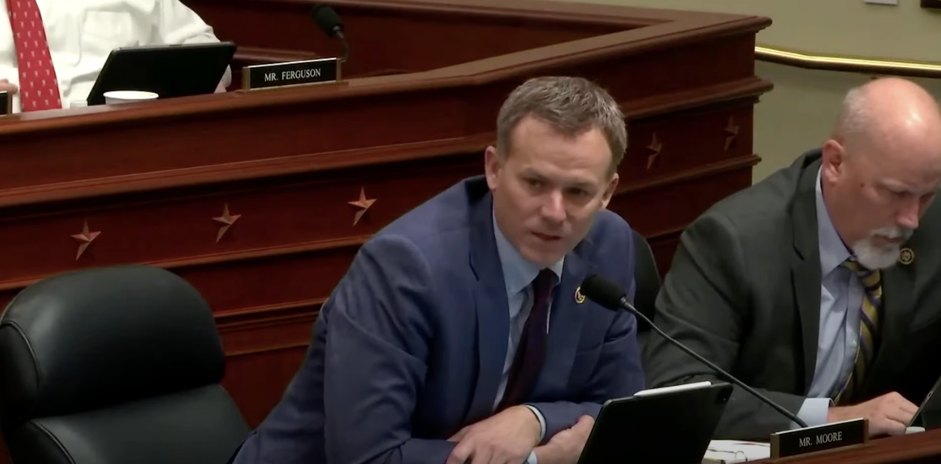
Click HERE to see Rep. Moore’s statement.
Representative Blake Moore (R-UT) spoke about his passion for establishing fiscal sanity, and sounded the alarm how our mandatory spending is blowing up our deficits while Congress lets the crisis languish. Moore stated “This is an opportunity to act, to address our debt to GDP ratio, to look at what we are doing, things we don’t vote on an annual basis to do right by our seniors, what is right by our gen X.”
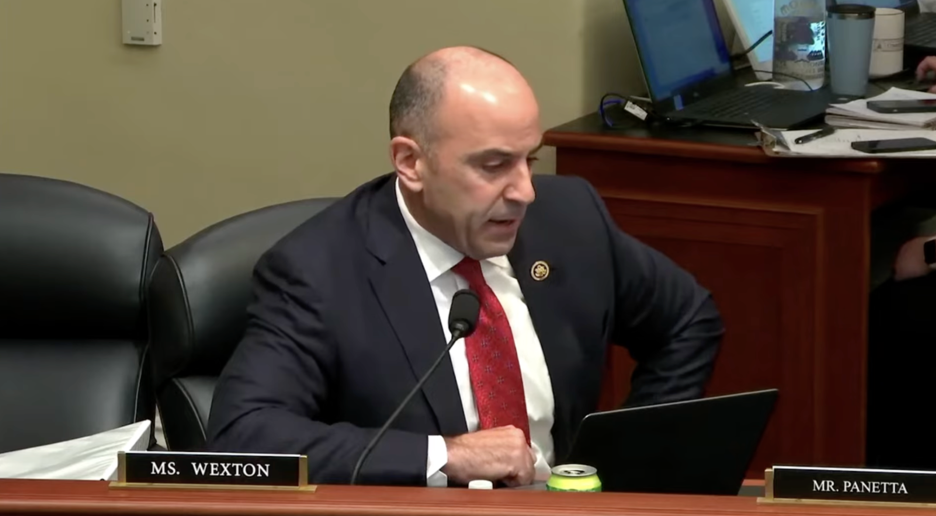
Click HERE to see Rep. Panetta’s opening statements.
Congressman Jimmy Panetta (D-CA) stated, “The goal is not to circumvent regular order, the goal is not just to make cuts or just add revenues, the goal is to push us to put a pathway on paper that looks seriously at our budgets and how we balance them.”
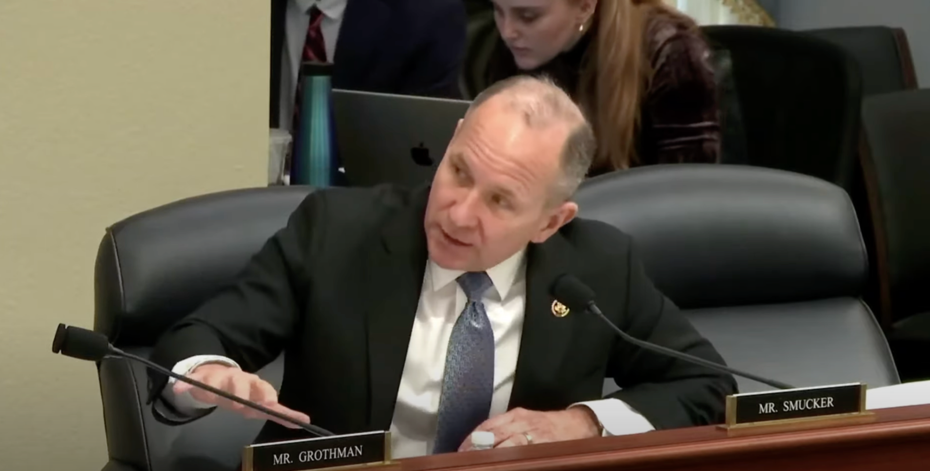
Click HERE to see Rep. Smucker’s opening statements.
Representative Lloyd Smucker (R-PA), sponsor of the “Debt to GDP Transparency and Stabilization Act” which passed in yesterday’s markup, stated that, “The budget process is confusing as it is, we should be straightforward as we possibly can with the American people about how we spend their money.”
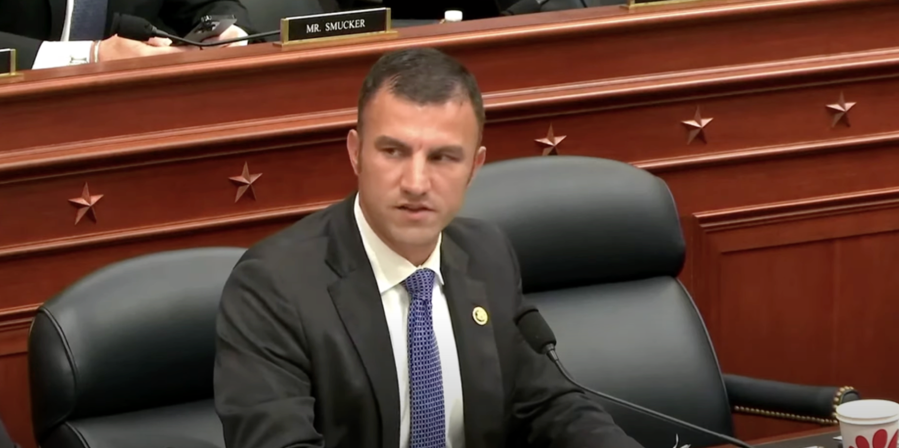
Click HERE to see Rep. Yakym’s statement.
Budget Process Reform Chair Rudy Yakym (R-IN) spoke on the critical, immediate need for passage of the bills considered.
He said, “Our debt and deficits should have been addressed a long time ago; the bills we are considering today represent an essential first step toward restoring fiscal sanity in our nation's capital.”
The Big Picture:
Our nation is facing over $34 trillion in national debt, and it is growing by the second. Our budget deficit has never been higher in a time of peace. Now is the time to address these rising costs and the existential threat posed by our growing debt.
These bills are a great step in accomplishing those worthy goals:
- H.R. 5779, the Fiscal Commission Act of 2024 sponsored by Congressmen Bill Huizenga (R-MI) and Scott Peters (D-CA)
- H.R. 6952, the Fiscal State of the Nation Act, sponsored by Congressmen Blake Moore (R-UT) and Jimmy Panetta (D-CA)
- H.R. 6957, the Debt to GDP Transparency and Stabilization Act sponsored by Congressmen Lloyd Smucker (R-PA) and Jared Golden (D-ME
The Bottom Line:
If we do not move with a sense of urgency and with the courage to take immediate action, we will be the first Americans to leave the country worse off than how we found it. It’s unacceptable.
Under the leadership of Chairman Jodey Arrington, the House Budget Committee will not stand by and let that happen.
As Chairman Arrington said in his opening remarks,
“If we want the American people to support our solutions, it is our responsibility to ensure they appreciate the magnitude of the problem… This Committee has maintained an environment of civility and mutual respect even during times we haven’t agreed – and I know that will continue today and as we mark up more of these budget process reform bills in the weeks ahead.”
The debt problem is not a Democrat issue, nor is it a Republican issue. It’s an American issue—and it’s important everyone comes to the table for these critical discussions that can lead to improvements in our broken budget process.
The House Budget Committee will continue to work closely toward the formation of a bipartisan debt commission to restore fiscal sanity back to Washington and reverse the curse of our colossal federal debt.
Click HERE to watch the House Budget Committee’s markup.
Click HERE to watch Chairman Arrington’s opening statements.
Click HERE to see the press conference following the markup.
Click HERE to see past work on establishing a debt commission.
Click HERE to see our Budget Blueprint that balances the deficit in 10 years.


